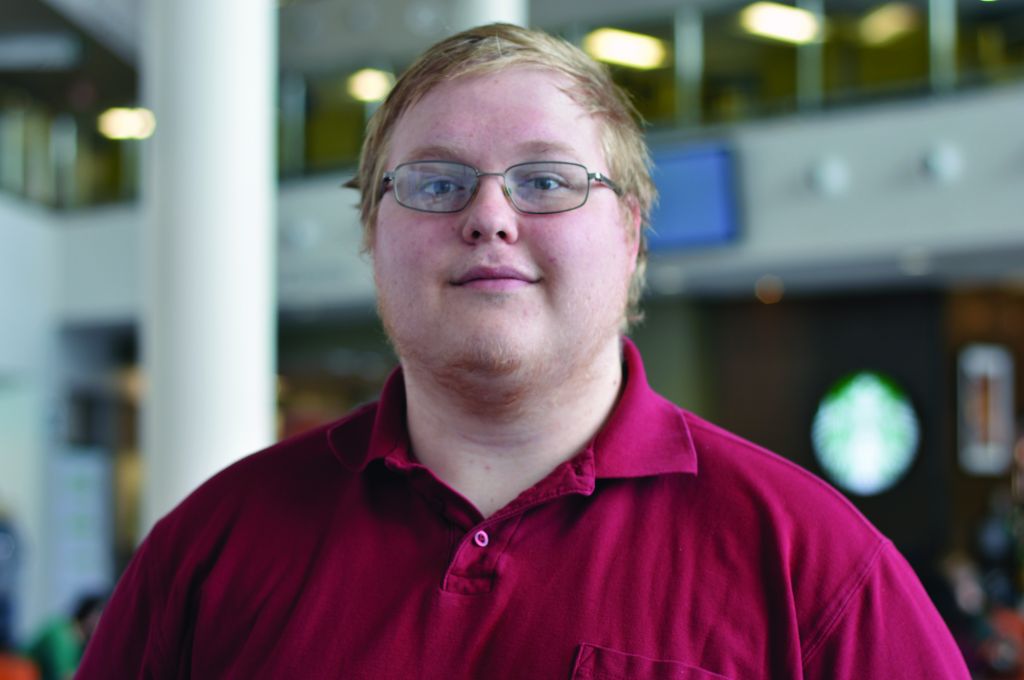When you say refugee or immigrant, I don’t think threat or terrorist.
I think of my grandma and grandpa, or as I call them, Oma and Opa. I think of an eight-year-old girl arriving at Pier 21, scared about leaving behind her home for a place with a language she can’t even speak.
I think of family.
On Feb. 22, 1952, my Oma arrived by ship in Halifax after an nine-day long trip. She was the fourth child in a family of eight. Her father had $60 in his pocket to feed all eight of them for the two-day train ride to Elmira, where the family would live on a farm and her father would work as a farm hand.
This is not a story unique to my family, and it is not a story unique to that time. In fact, now more than ever with the recent immigration controversy in the United States and the crisis in the middle east, my Oma’s story matters. It matters because it shows how hard life as an immigrant can be. And it is even harder knowing people don’t want you here.
Her story is similar to one you may hear from a refugee from the middle east today. With her country destroyed by war and its cities turned to rubble, they managed to come to Canada to make a better life. For my Oma that country was the Netherlands. Now, it may be Syria, Iraq, Libya and the list goes on.
In 1947 my Oma’s family applied to immigrate to Canada. It took five years to complete the long and complicated process before they were accepted. The process takes less time than it did back then, but it’s still just as serious. Before refugees and immigrants can come to Canada, they go through numerous health and identity checks both before departure and on arrival, as well as biometric collection.
The house my Oma left in the Netherlands on Feb. 13, 1952 had running water, electricity, central heating and indoor plumbing. The house they arrived at had none of those things. They were greeted by beds made of sewn-together Robin Hood flour bags that had been filled with straw.
The farmer’s barn was nicer than the house they lived in.
About halfway through Grade 10 her mother got sick, meaning she had to stay home to take care of her. This was the end of my Oma’s schooling. After her mother gave birth to her youngest son and got better, my Oma went to cleaning houses for people instead of school. The family needed the money, and education wasn’t important. She kept cleaning houses until she got married and moved out.
Whenever I ask her about what it was like moving to Canada she always tells me it was hard. There were people who didn’t want immigrants to come to Canada. Even as a kid in elementary school people would tell them to go back where they came from. She always stresses the importance of community, and how close the Dutch community was. But through all her stories it’s the kindness and welcoming of a few that stand out.
When they were still new to Canada, there was a family that lived across the street. One day after a snowfall, the neighbour’s girls took them out tobogganing. It’s an experience that she still remembers all these years later.
We can all be a little more like those girls.
Immigrants and refugees are not terrorists. They’re people, like you and like me, who want to build a better life for themselves. They’re our grandparents, they’re our neighbours, they’re little kids who want to go tobogganing.
Dr. Martin Luther King Jr. said it best. “We may have all come on different ships, but we are in the same boat now.” So, let’s do what we can to make the boat a nicer place.


